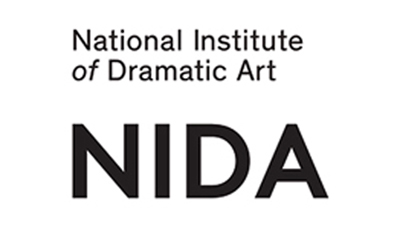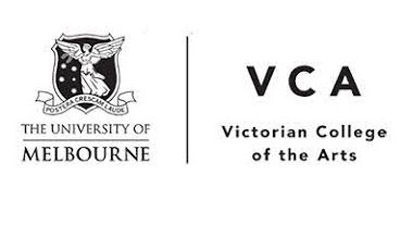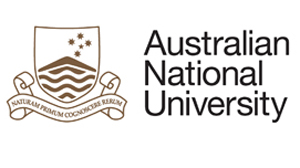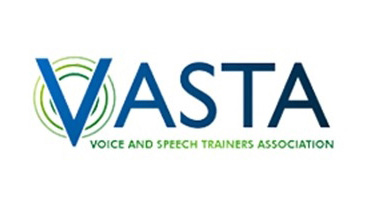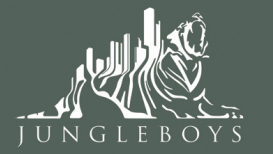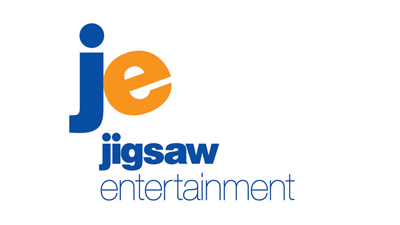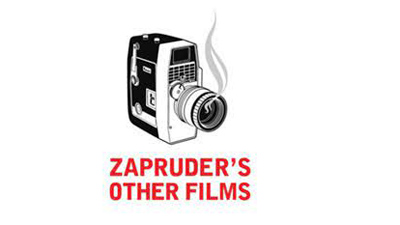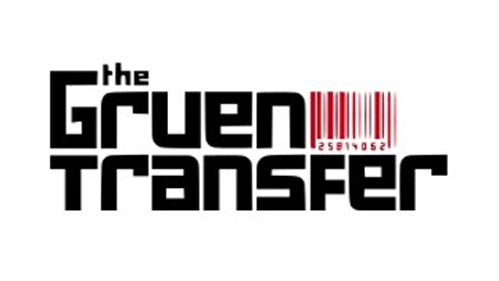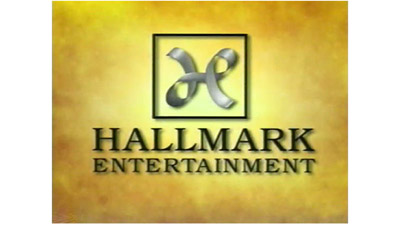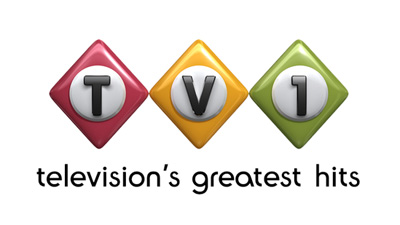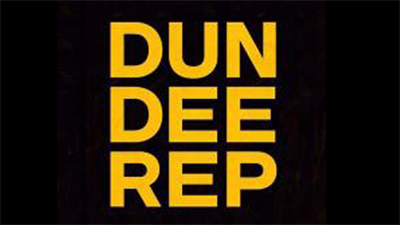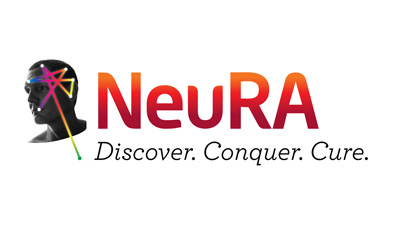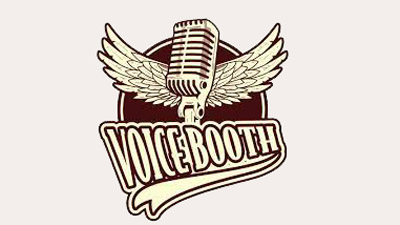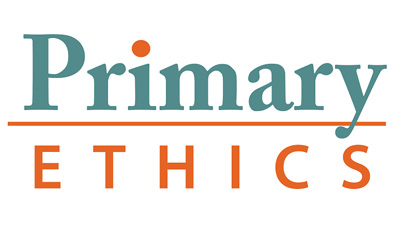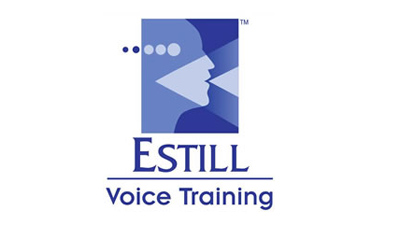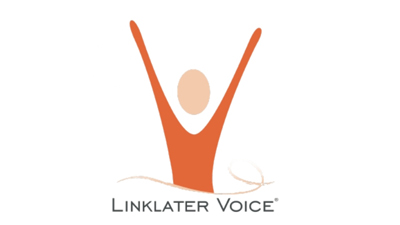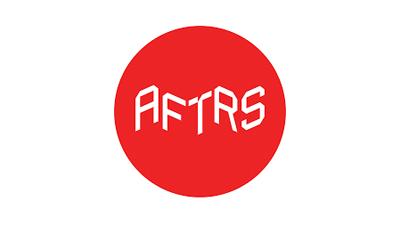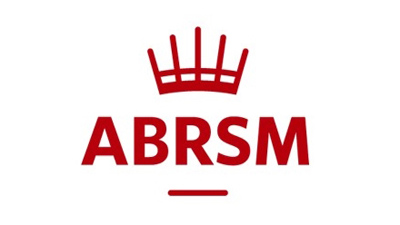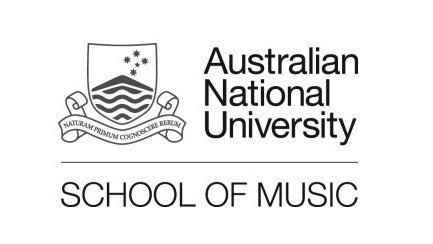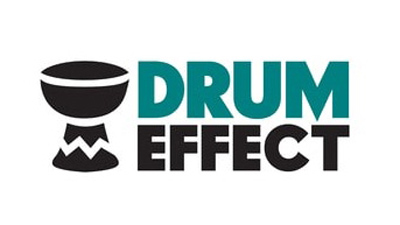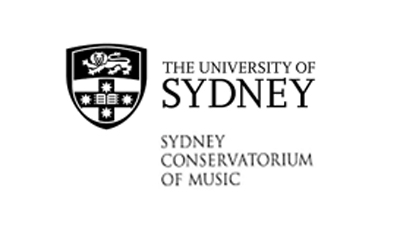About
“To live is the rarest thing in the world.
Most people just exist.”
–Oscar Wilde
Meet Sarah
Sarah has worked professionally as a voice and performance coach for over 25 years. She is well known to specialise in ‘troubleshooting’ for speakers, actors, singers, musicians, and performing artists. Having had a performance career both as an actor and singer, Sarah has a particular affinity for all issues relating to anxiety and self-esteem that are prevalent in the industry. She is also highly motivated to liberate and empower others from these personal restraints.
She has ‘polished the talent’ for singers at independent record labels and Top 10 artists in Australian TV shows: The Voice, Australian Idol, and The X Factor. Similarly, she has coached actors in production, (including voice-over actors) and performance students from the BFA, Stage and Screen Performance, and Musical Theatre courses at NIDA and the Royal Conservatoire of Scotland.
Sarah’s extended training in Meridian Energy Therapies (M.E.T.) has made her a sought-after expert in non-invasive techniques for reducing performance anxiety. Today, she enjoys expanding her network of care to a wider audience, helping everyone including entrepreneurs, experts, coaches and consultants, public speakers, business professionals, and course creators. She will show you how to promptly transcend any debilitating symptoms of stage fright and confidently perform at your best.
She coaches individuals, groups, workshops, and masterclasses with passion, humour, and careful attention to detail.
Values & Beliefs
You should leave a coaching session feeling uplifted and inspired
Sarah practices the embodiment of metta.
The Pali word metta is a term meaning universal loving-kindness, goodwill, fellowship, peace, harmony, consideration and non-violence. True metta is completely devoid of self-interest and evokes a warm-hearted feeling of unity, empathy and love that overcomes all social, religious, racial, political and economic barriers.
Your sessions will take place with the firm philosophy that even when your perceived limitations are being challenged, your growth will best occur in a nurturing, respectful and permissive environment.
Where is the gap? What do you need right now?
Sarah is goal orientated and immediately attunes herself to the present need of each client.
When running either private or group coaching sessions, she first examines your short and long-term goals. What do you need to learn to be successful in achieving your aim? What steps are required to get you there? Working backwards from that goal- what do you need to know today?
This approach is known as ‘troubleshooting’, and involves personalised attention to detail as opposed to a stock standard teaching plan.
Sarah caters for many different learning styles
Sarah focuses on a multi-model approach to coaching. This means that she respects that we all have different and preferred methods of learning. How do you best find you can pay attention and retain information?
- Aural. Do you hear spoken information and demonstrations of sounds and convert that into comprehension and a replicated performance?
- Visual. Do you need to see images or diagrams to best make sense of things?
- Reading and writing. Do you need to read the information, or write your own notes to solidify the content?
- Kinaesthetic. Do you need to just do it?! To get the work “into your body”?
Sarah pays specific attention to how she presents information, using strategies from all four models. She particularly enjoys discerning what learning language you need best.
Your session should feel like a fun-filled workout
Sarah believes that getting the best out of you involves session work that balances on the edge between ability, challenge and satisfaction. Not unlike a personal trainer, she will guide you to work at your highest level, promoting self-esteem and momentum.
As voice and performance work often occurs in quite a vulnerable space, you will be encouraged to engage with a playful atmosphere. Recent research has concluded that ‘play’ actually creates new neural networks in the brain and “reconciles cognitive differences”. So Sarah maintains that playfulness is not only necessary for creativity, exploration of ideas, taking risks, and trying new strategies, but also a “brain hack” for most efficiently establishing new ideas and technical skills.
After all, the body remembers what the mind has forgotten.
Use tapping practices to transform your life
Most clients have experienced the negative self-talk of their Inner Critic, leading them to believe:
- I’m not good enough. I’m not perfect
- I’m not worthy/ I am broken
- It’s not safe (to be myself or to be seen)
- I’m too much. I must dim down my light
- I’m a fraud. When will they discover that I’ve just been lucky?
Sarah will teach you specific exercises to liberate you from this suffering.
Tapping techniques will reduce anxiety, depression, effects of trauma and that destructive inner voice.
You will also be shown how to use these same methods to establish new and optimal habits, and ultimately enhance your technical skillset, health, life and performance experience.

VASTA Conference- Connectors, Communicators & Culture. Orlando, Florida, USA 2019
My Story
My earliest memories are of feelings. My father would play classical music on the radio and I’d feel a complete sense of immersion and rapture. I would see colours as I explored the timbre of different instruments and delighted in the landscapes I would experience from different composers and eras. When I heard Ravel’s Bolero, I could feel the hot winds and sand in my face, and I swear I could smell the camels. Mussorgsky’s A Night on the Bare Mountain, both exhilarated and terrified me, as I felt that I truly was watching a Sabbath of witches, barely concealed behind a rock, just a few metres away from them on the mountain.
So it was that my heightened sense of imagination led me down an artistic path. My formal studies in piano, voice, and drama engaged me in explorations of tone, narrative, and intention. I was blessed with mentors in music who, while being hard taskmasters when it came to technique, impressed upon me that this was barely half the job. I was challenged to see that music was actually “the space between the notes” and it was my charge as an artist to represent these works through my voice.
Yet, even after decades of training and practice, my awful experiences of stage fright had me convinced that I mustn’t be “a real performer”. For years I wrestled with my all-consuming passion for the work, but dread of the spotlight. I felt like I was in an unstable relationship. Did I love art more than it loved me back?
Something had to be done about this. I was still too much in love to walk away from it all- my life’s work. Which is how I became drawn to studies from my mothers’ domain, as a practitioner and therapist in natural medicine. As I began my extended training in this field, I became thrilled at the prospect of how I could innovate these techniques to, not only transform my stage fright but also to enhance technique, performance skills, and concurrently, my mental health.
Today I reflect on how this formative training has impacted my personal philosophy of coaching voice and performance. I believe that embodied communication of speech, singing, and acting happens between the words of the text, not merely by way of their articulation. I focus on helping speakers and artists to break through their technical and emotional obstacles to stimulate meaningful performances of self-expression and service. And I am especially motivated to empower all others who have a driving need to creatively express themselves but have been afraid to do so, accomplish this now in a most proficient and engaging manner.

For Matriarch Records, © 2006

With Wayne Hope, Stupid, Stupid Man

As Katusha in, Katusha
Training
Qualifications
- Master of Fine Arts- Voice (with Distinction), National Institute of Dramatic Art (NIDA)
- Bachelor of Music Performance- Improvisation (Voice), Victorian College of the Arts (VCA)
- Bachelor of Arts, Australian National University (ANU)
- Advanced Certificate Pianoforte (Associate Diploma), Royal Schools of Music, London
Extended Training
- Estill Voice Training
- Linklater Voice, with Kristin Linklater
- Australian Film Television and Radio School (AFTRS)
- Sydney Conservatorium of Music
- Canberra School of Music
- Associated Board of the Royal Schools of Music
- Trinity College of Music, London
- Voice Booth, King Sound Studios
- Primary Ethics
- E.F.T (Emotional Freedom Technique)
- Kinesiology – Touch For Health
- Matrix Reprogramming
- Theta Healing
Associations
- PAMA (Performing Arts Medicine Association)
- VASTA (Voice and Speech Trainers Association)
- Australian Storytellers Guild

Do you want to perform at your best without getting in your own way?
Get started today.

